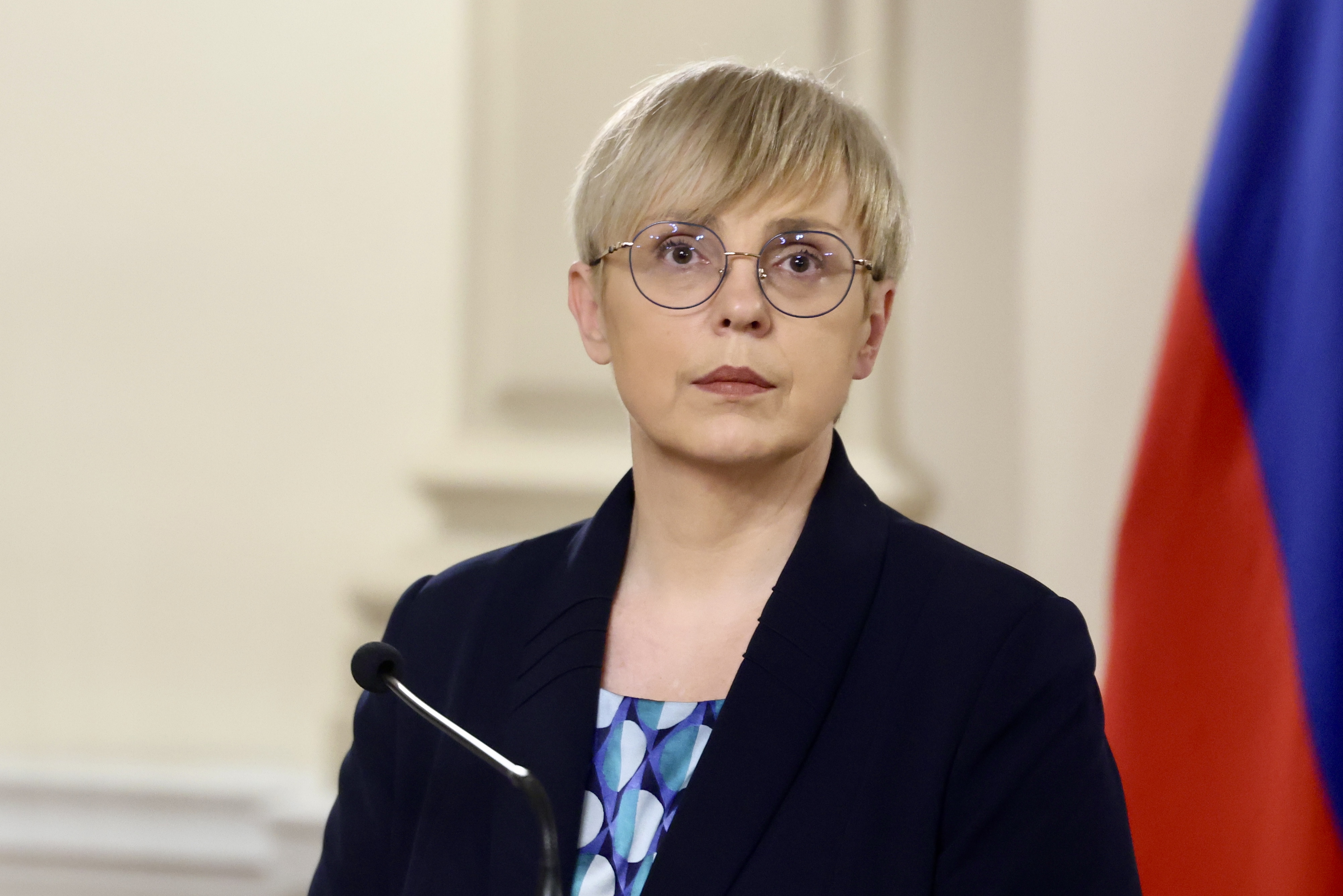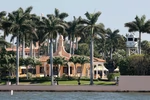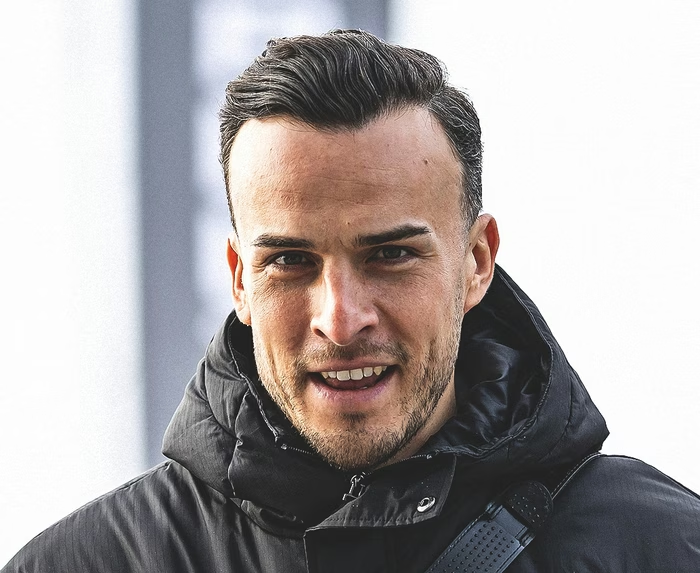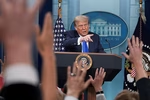
Enlargement of the European Union is in its interest strategically and security-wise, said participants in a summit meeting which Slovenia organised in the mountainous resort of in Brdo pri Kranju on Monday to mark the 20th anniversary of the country's EU membership.
"Enlargement is important...Enlargement means great transformational power. We are presidents of those countries that support the accession of Western Balkan countries into the European Union, including Moldova and Georgia," said Slovenian President Natasa Pirc Musar.
"Slovenia will continue to assist these countries," added Pirc Musar, at the meeting of the heads of state,
Austrian President Alexander Van der Bellen recalled the "historic decisions on the start of negotiations with Bosnia and Herzegovina, Ukraine and Moldova."
Austria supports these decisions. We have a clear strategic interest, which is the further expansion of the European Union, I primarily think of the Western Balkan countries. They are our neighbours. It is also a security interest that they enter the Union. I think we are on the right track, said Van der Bellen.
Croatian President Zoran Milanovic said that "it's not all about fulfilling the criteria," but "unfortunately there is a lot and too much in politics," which is why countries like Albania, North Macedonia and Montenegro "have not opened a single policy chapter yet" during accession negotiations.
"There is also Serbia, which must decide where it belongs politically, value-wise and structurally. However, all these countries combined have a nominal GDP lower than Croatia and Slovenia combined. So, in the economic sense, that is a bit of a challenge and a small headache for someone who wants to find a solution. But we can't blame either China or Russia for that. Someone is stopping it," Milanovic said.
Milanovic said that the Union must find "some reason to be satisfied with something good for all of us, to try to bring those close to us into our society, namely the Western Balkan countries, and not those who are not. That would already be something however, I'm afraid that exceeds our abilities because the EU is not the United States nor Beijing."
Italy's President Sergio Mattarella recalled that Slovenia became a member of the European Union together with nine other countries in 2004.
Border controls
"If we want to continue to build peace we need to finish the European project. That is more important today than ever, especially when referring to the Western Balkan countries, which have been waiting for entry for 20 years. Of course, we are not forgetting Ukraine, Moldova and Georgia," Mattarella said. He added that he is pleased the Slovenian president is "standing up for the full implementation of Schengen rules."
Namely, Pirc Musar called on all the governments of Slovenia's neighbouring countries to lift border controls.
"The Schengen regime is a great achievement in the European Union and here, in this region, this openness of borders is one of the main advantages," the Slovenian president underscored.
Milanovic also said he is "in favour of open borders between Croatia and Slovenia and all other participants and members of the Schengen Area."
"However, Schengen is a very delicate structure and it only takes a slight wind and everyone catches a cold, and that's exactly what happened. Slovenia reacted by closing its borders. Honestly, I can understand. I'm not condemning anyone, but we need to get back to the drawing board and the Schengen Area provisions, which is free travel," said Milanovic.
In December, the Slovenian government passed a decree extending border controls with Croatia and Hungary for another six months. Slovenian border controls will last until 22 June 2024.
Hungarian President Tamás Sulyok said that his country is committed to the EU's enlargement and facilitating as many accession negotiations as possible, as soon as possible.
Kakvo je tvoje mišljenje o ovome?
Učestvuj u diskusiji ili pročitaj komentare





 Srbija
Srbija
 Hrvatska
Hrvatska
 Slovenija
Slovenija



























































